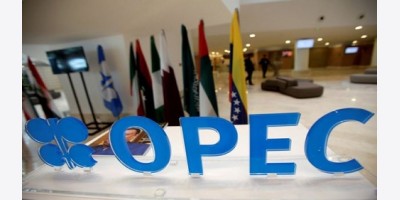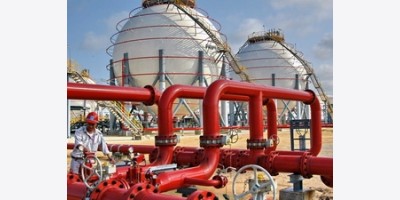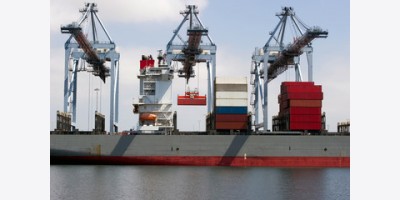By Joao Peixe of Oilprice.com
President Xi Jinping is leading an effort to reform China’s energy sector, which has long been under the strict purview of state-owned enterprises. China is expected to raise retail natural gas prices and may also allow investment from private companies in the energy sector.
This will work to the benefit of PetroChina, China’s largest oil producer. It is expected to reduce capital spending and invite private investment as part of the government’s reform. For 2014, it has set capital spending at $47.7 billion, a cut by 7.1% from last year, and Chairman Zhou Jiping stated that it will maintain that level of investment for the next couple of years.
“One of the reasons we can keep the spending at this level is that we will invite social and private investors to join our oil and gas projects in China,” Zhou said, according to Bloomberg News. “We’re trying to achieve high-quality growth under this mixed-shareholding model.”
China also hopes to overhaul its energy pricing structure. For years, prices for natural gas, for example, have been held artificially low for consumers. This reduced revenues to state-owned enterprises, discouraged production, and led to the inefficient use of energy. It is expected to raise the price of gas sold to industry by 15% by July of this year. This will increase PetroChina’s profit by 20 billion Yuan annually.
By relying more heavily on market forces, the Chinese government hopes to boost oil and gas production. Gas pricing reforms may also increase incentives to unlock China’s large shale gas reserves. For 2014, PetroChina is aiming to boost its production from 1.4 billion barrels of oil equivalent to 1.44 billion boe.
China is beginning to feel greater urgency to reduce its oil dependency, and market forces could help a bit. It already imports 60% of its oil from abroad. By 2020, its oil import bill could reach $500 billion per year.























